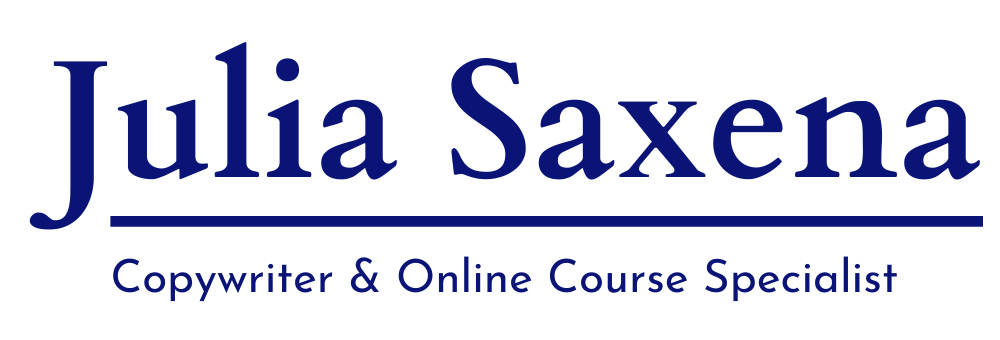“What do you do?”
That’s the question you get asked over and over again. By the traveler next to you on the plane, by the cute girl/guy in line at Starbucks, and by the stranger in a Zoom breakout room.
It’s the one question that’s always on the test.
We introduce ourselves a lot. And every intro could lead us to the next big opportunity or meeting our soul mate.
But what do we say?
I have to confess, I’m terrible at introducing myself. It’s not like I don’t anticipate the question. I’m just confused about how much or how little I should say. And because I never took the time to come up with a clear response, I always wing it in the moment.
I realize that poorly explaining what I do is a huge mistake.
Lucky for me, I got the chance to learn from brand expert Clay Hebert how to solve the introduction problem once and for all. Clay ran a masterclass on creating the perfect intro in Robbie Crabtree’s Performative Speaking course.
Before he told us how to create the perfect intro, we first had to understand where we’re getting it wrong when it comes to introductions.
3 myths about introductions debunked
Once you reach an adult age, you notice that many of the things that are paramount to leading a productive life were never taught to us in school.
And introducing yourself is one of these things.
So we start winging it or copy our parents or senior coworkers.
We say things like “I’m in consulting” or “I’m a project manager” because we don’t know any better. That sounds pretty boring.
Clay boiled it down to three myths that make introductions so hard for us.
Myth #1: It’s all about you
Spoiler: It isn’t! Just because someone asks, “What do YOU do?” doesn’t mean that they care about you.
Ultimately, we all want to know one thing: What’s in it for me? So, what they really want to find out is what you do somehow relates to them.
Myth #2: It should be 100% complete
Most people don’t want to hear your whole life story when they ask what you do. Too much information overwhelms the other person and makes it harder for them to respond.
Myth #3: It has to be 100% accurate
This doesn’t mean that you should make something up. No one is going to believe that you’re on a secret mission anyway. But simply stating facts is just dull.
The simple formula for a perfect introduction
Clay has a basic formula for creating the perfect intro that is simple yet powerful.
When you read it, you might think, “Wait, that’s it?”
Yes, that’s it!
It’s so simple because the perfect intro has only one job to do: to start a conversation.
It should intrigue the other person enough to ask you more questions. Leave them wanting to know more.
The formula is: I help people [verb] their [noun].
When you say “I help,” your intro automatically isn’t about you anymore. You’re telling them how you help someone achieve a result.
Examples from our class:
- I help people make their words work for them. [mine]
- I help people learn how to learn.
- I help people find their why.
- I help people decode their craft.
- I help people fix computer problems.
- I help people fund their dreams.
The next step is to make it more specific. Who exactly do you help?
When you’re meeting someone, ask them first what they do. Once you know that, you can better tailor your intro to them.
Examples from our class:
- I help experts scale their impact. [mine]
- I help women uncover their political voice.
- I help builders build.
- I help college students pursue their curiosity.
- I help founders ignite their dreams.
- I help startups build momentum.
Let’s take it one step further. Substitute “help” with a stronger verb.
Examples from our class:
- I turn words into cash. [mine]
- I unlock your learning potential.
- I turn normal people into TV lawyers.
- I spark conversations.
- I search for misunderstood businesses.
- I teach non-geeks how to master their computer.
(Do you want to introduce your company? Easy! “I” simply becomes “we.”)
Now you have a killer intro that should spark one question: “Wow, how do you do that?” That gives you permission to launch into a wider explanation. Connect with them by telling your story.
This one line intro is unexpected, interesting, and memorable. You can even make it your tagline.
That’s how I found mine: “Scale Your Impact.”
When you repeat it often enough, it becomes your personal brand. And makes you instantly referrable.
So, what’s your perfect intro?
I’d love to hear it. DM me on Twitter.






